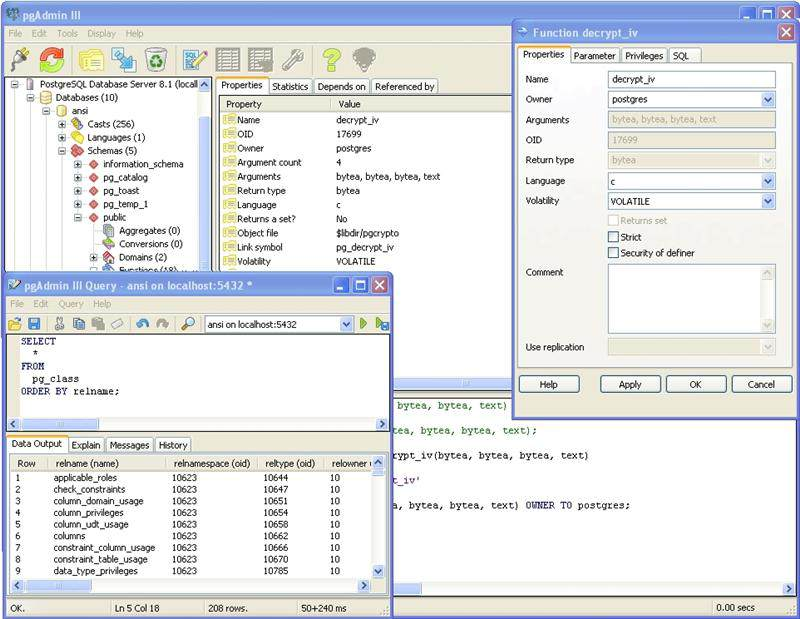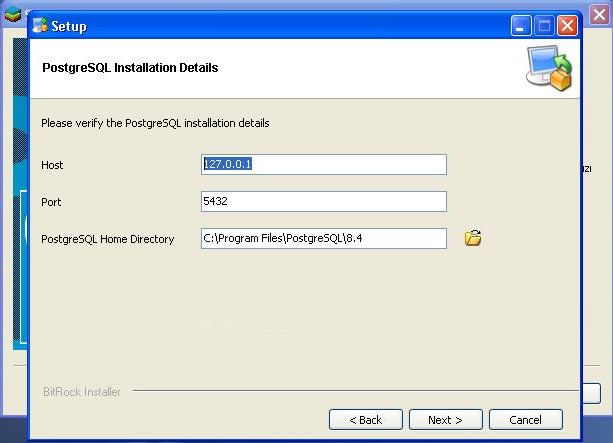

And timing isn't the easiest problem to solve, especially in a world where GPS has to take into account Einstein's theory of relativity and leap seconds have to be added from time to time to keep UTC (Coordinated Universal Time) in sync with solar time. In my opinion this is the most reasonably precise measuring standard ever. So i bought it and turned it into a single-serving website which shows, you guessed it, the current time in ms. I then checked with my hosting provider and it turned out this incredibly simple domain was available. My ISP's page popped up telling me there is no such page. I couldn't believe there isn't a site that does such a simple thing. The funniest result i saw was telling me the local time in Millis, Massachusetts. There was nothing like it in the search results. Since a program was already running, rather than just inspecting Java's System.currentTimeMillis() or running a program that shows it to me, i figured i'll open a web page that shows it. Why 1970 you ask? It's just a convention: it was the roundest most recent year to the point in time people actually started thinking about a universal measure of time.Īs i was debugging i needed something to tell me what the current time in ms is. This number has to be so large that it can encompass all the time passed since midnight January 1st, 1970 but sufficiently small that it can fit into existing data structures and keep going enough time in the future.
POSTGRESQL CAST ANDROID
In Android you tell an alarm when to come up by passing a simple number.

The "current millis" story started with me debugging my Android application. More importantly, this site offers a time navigation service for human users and a time authority service for programmatic usage. You can also convert milliseconds to date & time and the other way around. This site provides the current time in milliseconds elapsed since the UNIX epoch (Jan 1, 1970) as well as in other common formats including local / UTC time comparisons. From this point of view the name “GMT” seems deprecated, but kept around for backward compatibility, traditional timezone based representation of time and sometimes legal reasons. If you were to calculate true GMT today i would see it based on its original definition of 1 second = 1/86400 days and this would for sure return a different absolute value than what UTC gives us. These 2 turning points (different definition of a second and the introduction of leap seconds) ‘forced’ GMT to be the same as UTC based on what seemed a gradual, tacit convention.

In 1972 leap seconds were introduced to synchronize UTC time with solar time. UTC’s second is far more precise than GMT's original second.
POSTGRESQL CAST FULL
Unlike GMT which is based on solar time and originally calculated a second as a fraction of the time it takes for the Earth to make a full rotation around its axis, UTC calculates a second as “the duration of 9192631770 periods of the radiation corresponding to the transition between the two hyperfine levels of the ground state of the cesium 133 atom”. UTC essentially appeared in 1960, GMT being the ‘main thing’ until then. This tutorial discussed two ways to cast an integer to a string.Literature and history are a bit ambiguous. No error is thrown, and the result is given as: id player_id score 2 2 72 6 6 72Īnother way to cast an integer to a string is given as: SELECT * FROM quiz_score WHERE score = cast(72 as text) You might need to add explicit type casts.įollowing the hint given, we would have to cast the given score, which is of type integer to string, as shown here: SELECT * FROM quiz_score WHERE score = 72::text HINT: No operator matches the given name and argument types. Would give the following error: ERROR: operator does not exist: text = integer If we are asked to find the player or players who had a specific score and this score we are given is of type integer and not type string as stored in the table, a query like this: SELECT * FROM quiz_score WHERE score = 72 Id integer NOT NULL GENERATED ALWAYS AS IDENTITY,ĬONSTRAINT quiz_score_pkey PRIMARY KEY (id)Īnd here’s the INSERT statement to populate the table with the data: INSERT INTO quiz_score (player_id, score) Here is the CREATE statement for the table: CREATE TABLE quiz_score The score is stored in this table as a string, not an integer. Cast an Integer to String in PostgreSQLĬonsider a quiz_score table that keeps track of the score of each participant in a quiz game.
POSTGRESQL CAST HOW TO
This tutorial discusses how to cast an integer to a string in PostgreSQL.


 0 kommentar(er)
0 kommentar(er)
